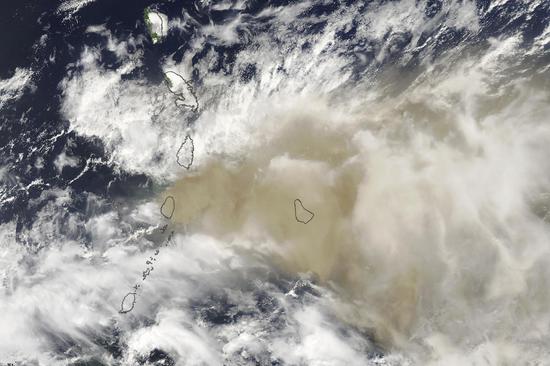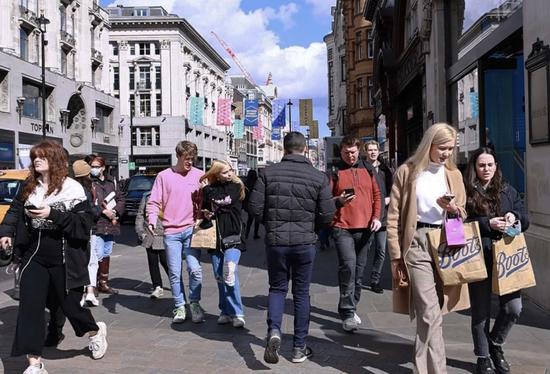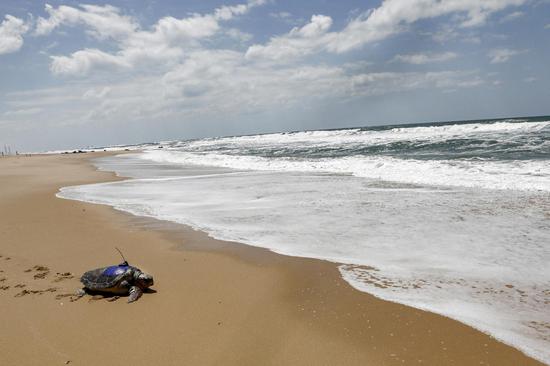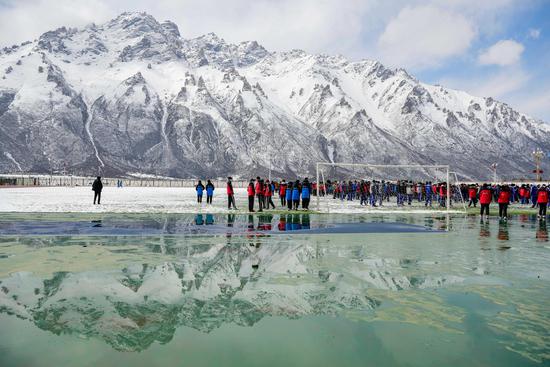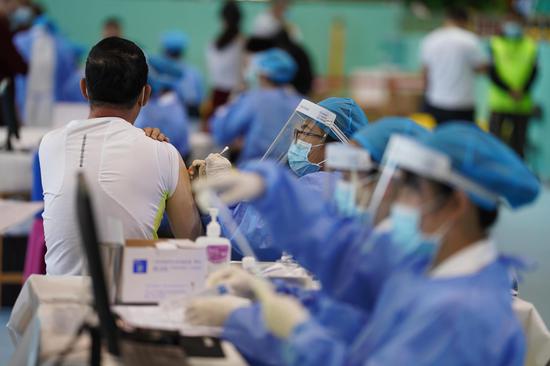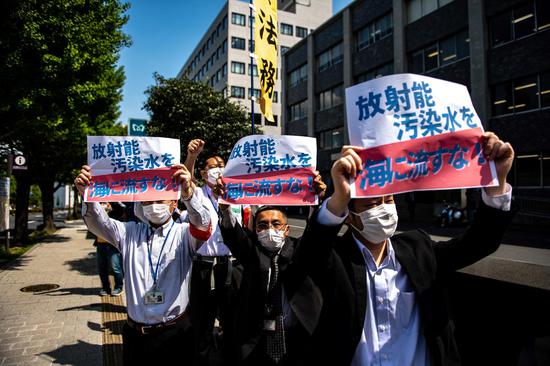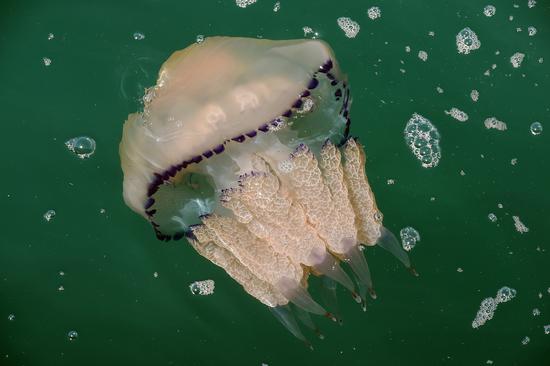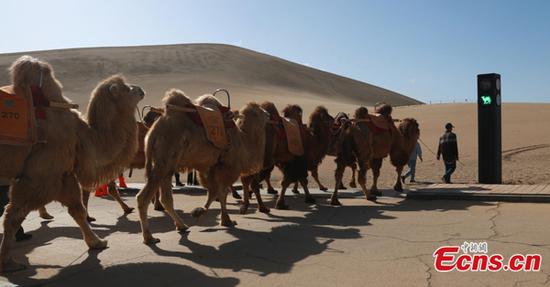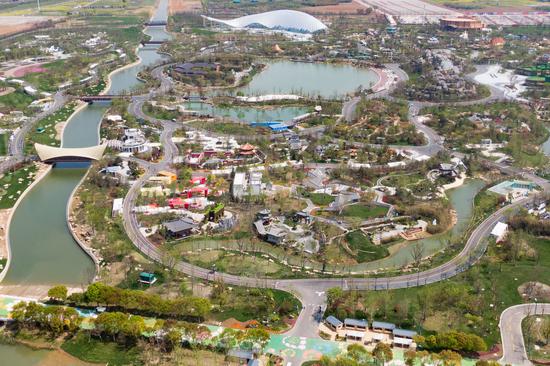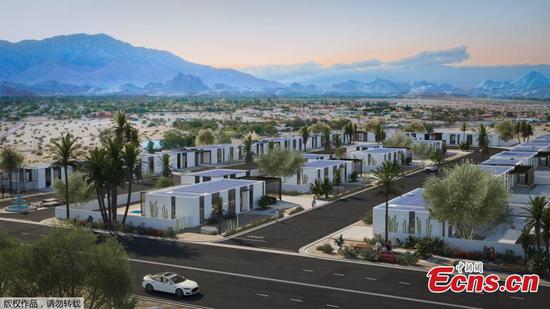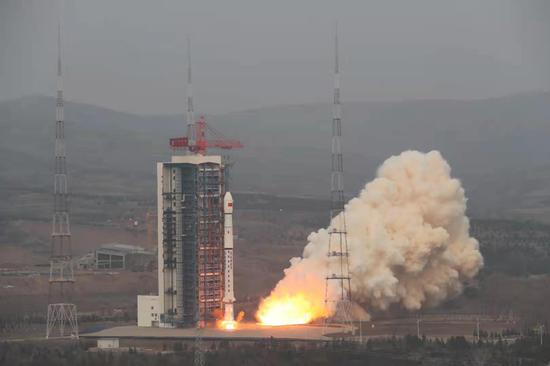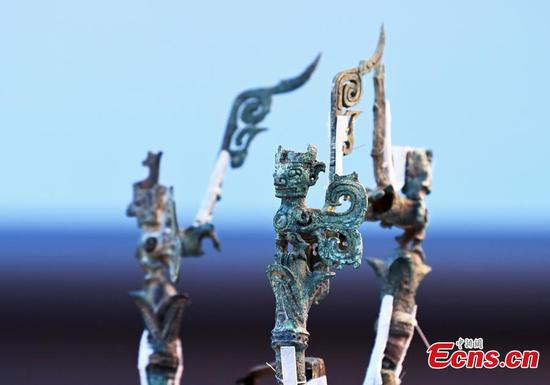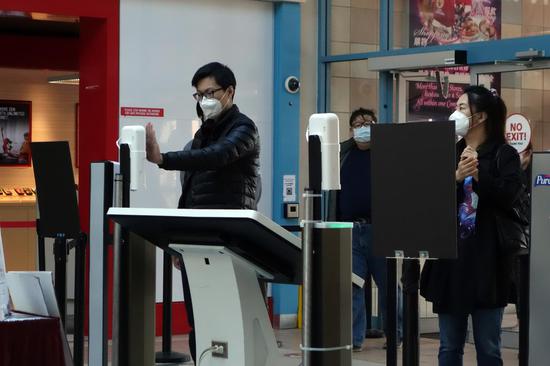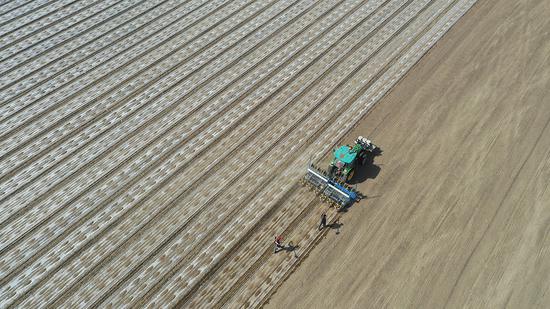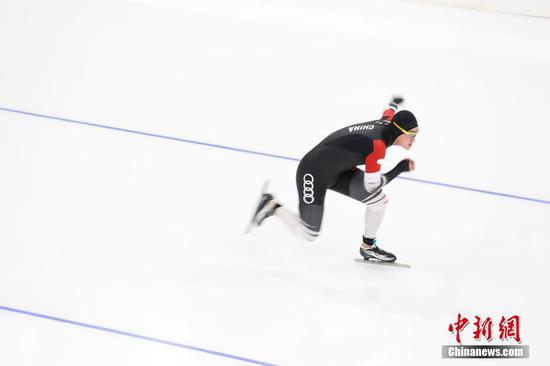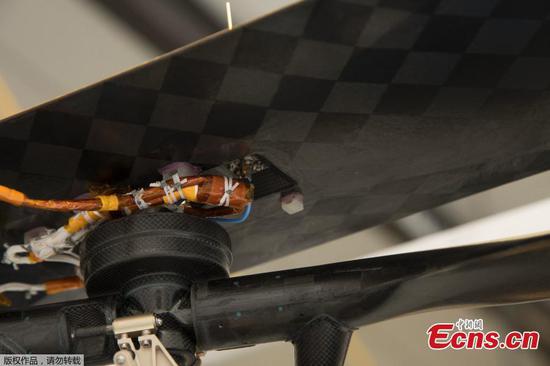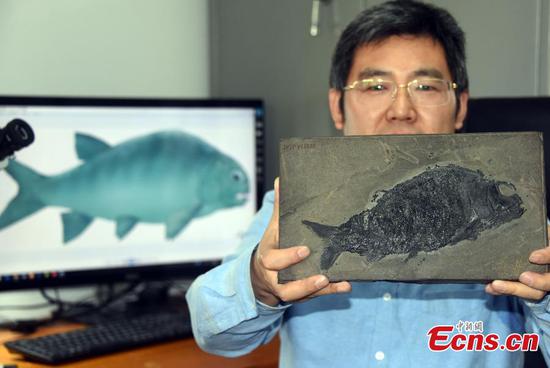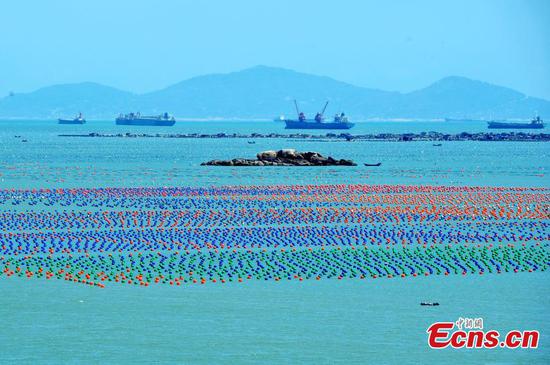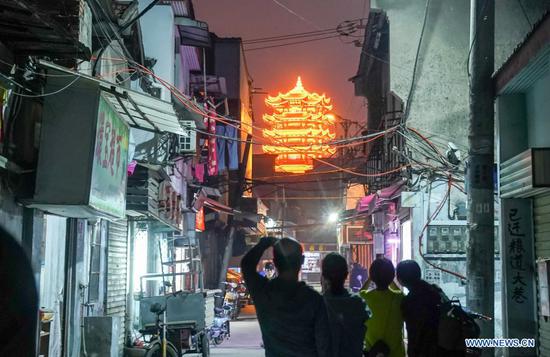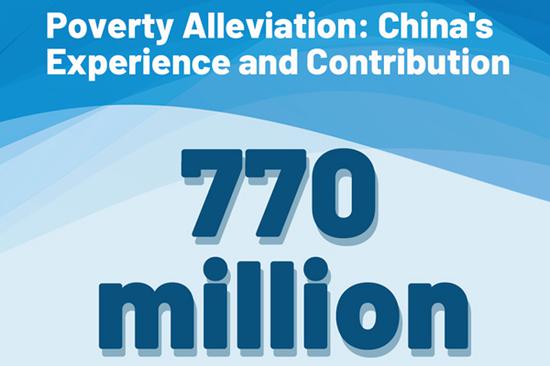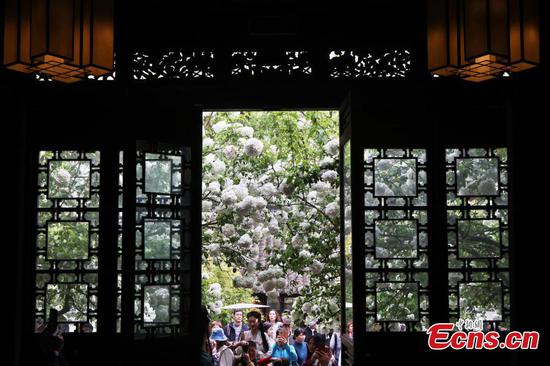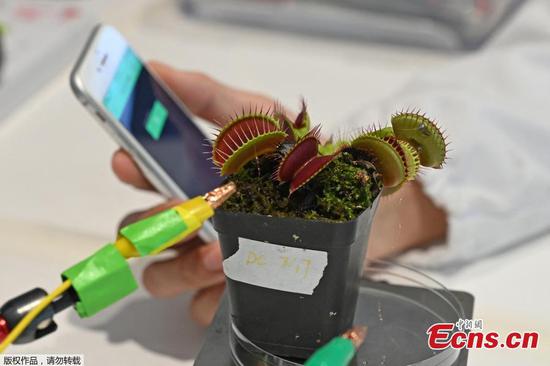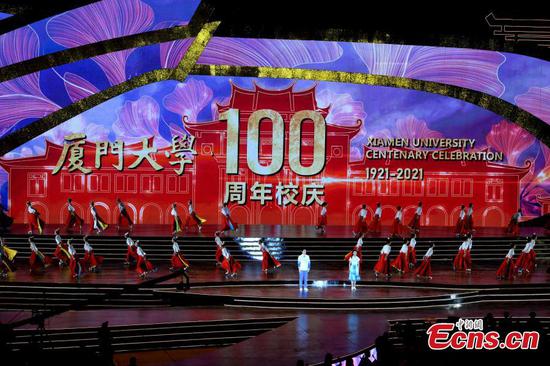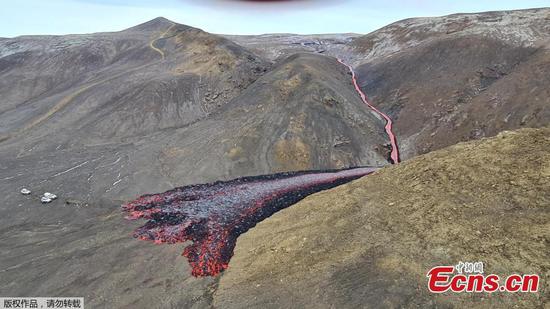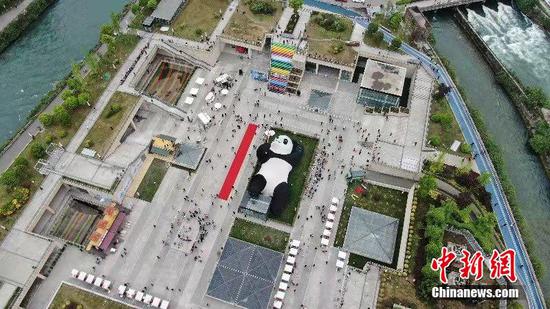China's Sinovac Biotech will donate 50,000 doses of its COVID-19 vaccine to inoculate footballers in South America's top competitions this year, regional confederation CONMEBOL said on Tuesday.
The deal will facilitate efforts to proceed with a busy 2021 schedule, including the 2022 FIFA World Cup qualifiers and the Copa America, the entity said in a statement.
"This is a concrete endorsement by the Chinese firm for the holding of the Copa America and other South American football competitions," CONMEBOL president Alejandro Dominguez said, highlighting the efforts of Uruguay's President Luis Lacalle Pou to reach an agreement.
It is understood the doses will also be used to vaccinate players in the continent's leading club tournaments, such as the Copa Libertadores and Copa Sudamericana.
Dominguez confirmed the vaccination rollout would focus "on the main teams of South American professional football ... in the men's and women's competitions," without providing details.
"This is the best news the South American football family could receive," the Paraguayan official added. "It's a big step forward in beating the COVID-19 pandemic, but it doesn't mean we are going to let our guard down."
Dominguez expressed gratitude for Sinovac's "understanding that football is a key activity for the economy, culture and mental and physical health of South Americans."
Originally scheduled for 2020, the 47th edition of the Copa America - to be played in Argentina and Colombia - was postponed a year because of the pandemic.
The tournament will begin on June 13 with a clash between Argentina and Chile at the Monumental stadium in Buenos Aires. Paraguay and Bolivia will meet later the same day at the Malvinas Argentinas stadium in Mendoza.
Dominguez said he was hopeful the tournament could be played with fans' presence despite continued high infection rates and delayed vaccination campaigns.
CONMEBOL suspended the fifth and sixth match days of the region's 2022 World Cup qualifiers - originally scheduled for March - because of rising coronavirus cases and deaths.
The decision means organizers must find space in an already packed football calendar to reschedule the fixtures. The South American zone qualifiers were already running behind schedule because of coronavirus-related lockdowns and travel restrictions last year.









